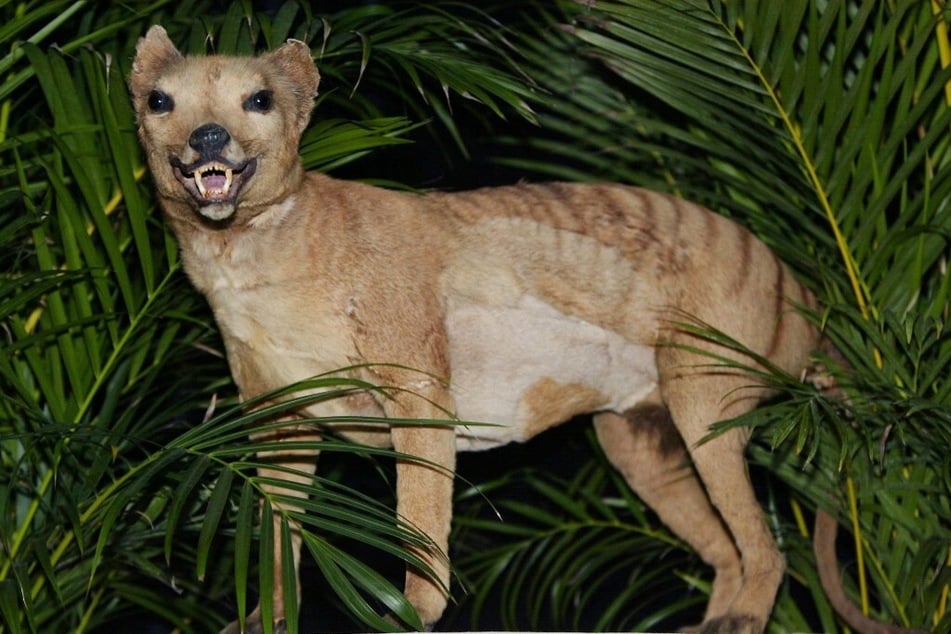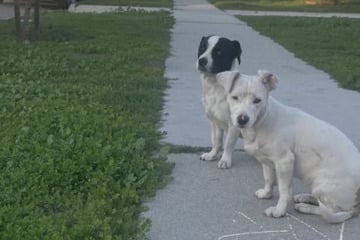Tasmanian tiger could be "de-extinct" in ten years, scientists say
Melbourne, Australia - Scientists in Australia believe they are on track to bring back the Tasmanian tiger from extinction and say they could have a first living baby within the next decade.

The Tasmanian tiger, whose scientific name is Thylacine, is widely believed to have vanished from mainland Australia 2,000 years ago.
The last known specimen died in 1936 in captivity at the Beaumaris Zoo in Hobart on Australia's island state of Tasmania.
University of Melbourne's Andrew Pask on Tuesday said a newly announced partnership between his Thylacine Integrated Genetic Restoration Research (TIGRR) Lab and US-based Colossal Biosciences will allow scientists to take "the giant leaps to conserve Australia's threatened marsupials and take on the grand challenge of de-extincting animals we had lost."
Colossal's breakthrough gene-editing technologies will be combined with TIGRRS Lab's thylacine genome sequencing work to speed up the marsupial's de-extinction, a news release said. The effort will also be aided by TIGRR's work identifying marsupials with similar DNA to the Thylacine to provide living cells.
"With this partnership, I now believe that in ten years' time we could have our first living baby thylacine since they were hunted to extinction close to a century ago," said Pask.
Pask said the partnership would also aid TIGRR lab in its effort to protect the endangered Northern Quoll, a marsupial also known as the northern native cat. He also said the team was close to producing the first lab-created embryos from Australian marsupial sperm and eggs.
Cover photo: TORSTEN BLACKWOOD / AFP FILES / AFP
